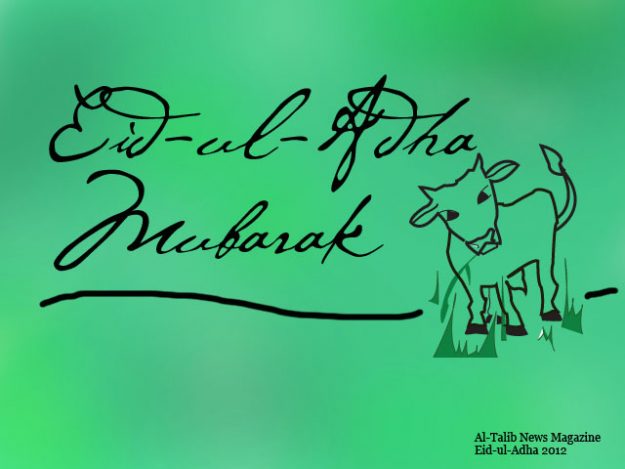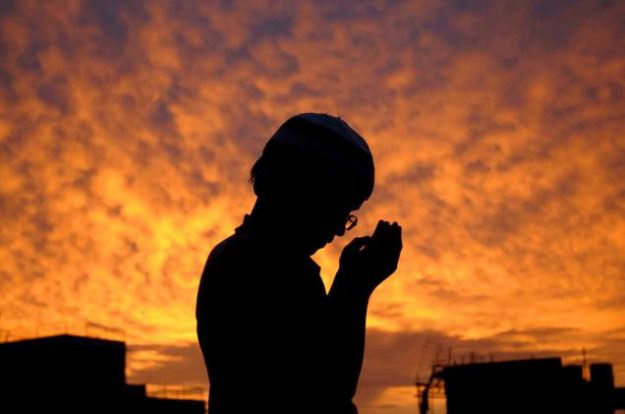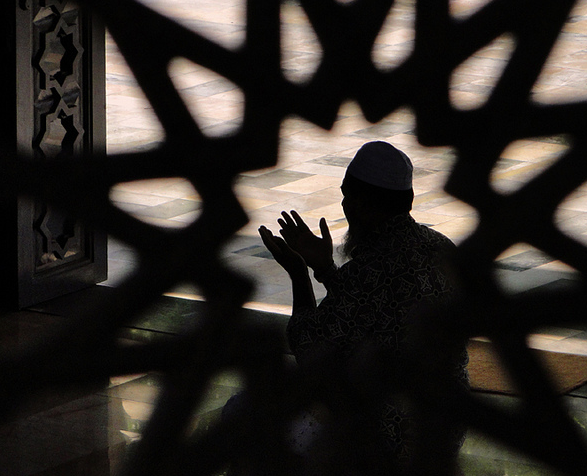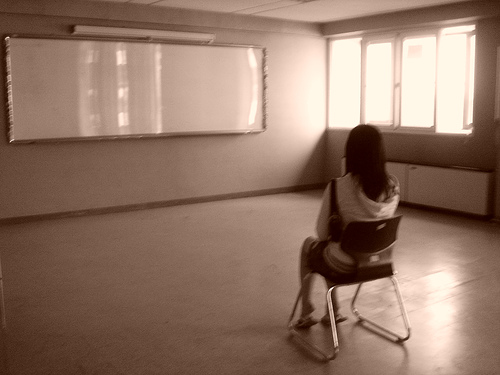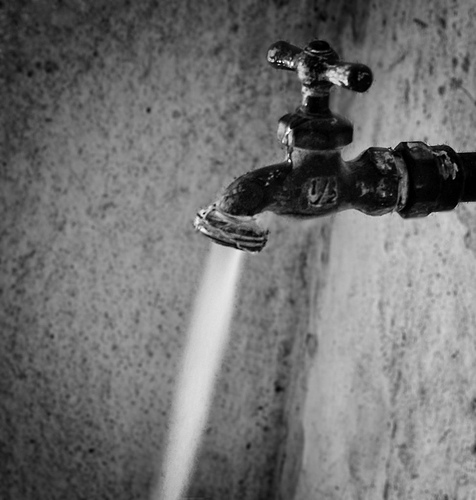Sacrificing like the Prophet Ibrahim (AS)
On Friday, October 26, Muslims all over the world will be celebrating Eid al-Adha, which occurs in the 12th month of the Islamic lunar calendar called Dhul-Hijjah. Eid al-Adha translates to “Festival of Sacrifice,” to which Muslims recall and commemorate the trials of Prophet Ibrahim (A.S.). Eid al-Adha signals the ending of Hajj; a Muslim is obligated to take part in Hajj at least once in their life, provided that they are of able health and finance. The literal meaning of Hajj is – “to set out for a place.” In the Islamic context, it refers to the annual pilgrimage Muslims make to the holy city of Mecca to perform religious rites.

